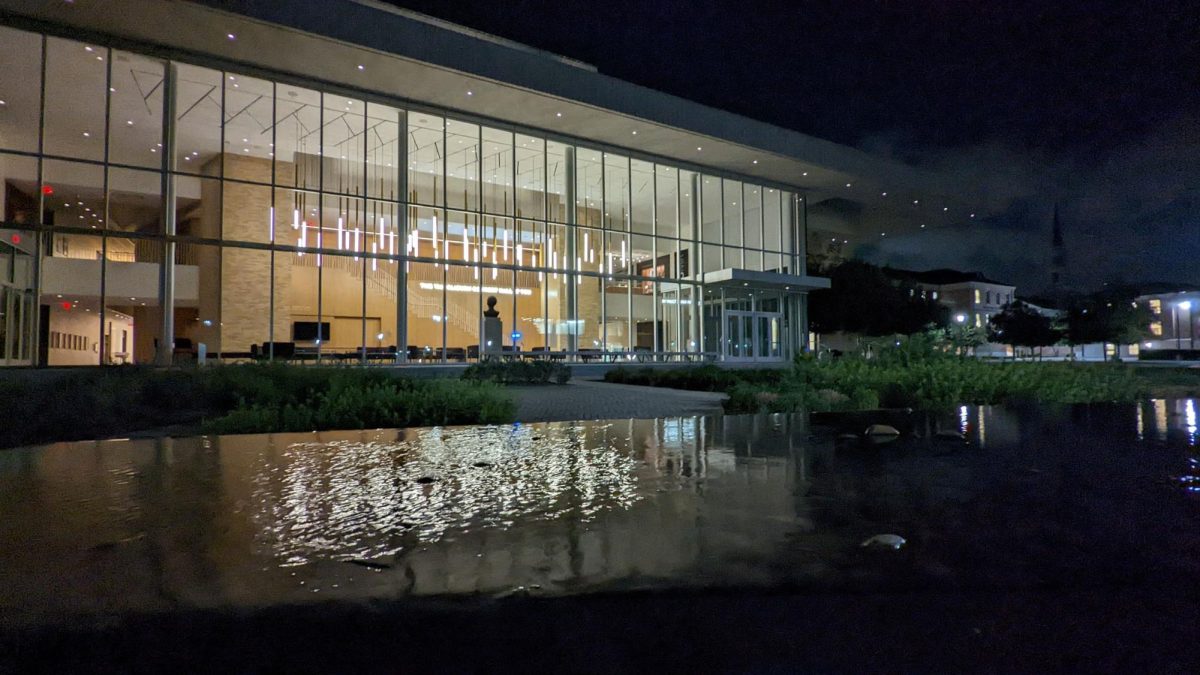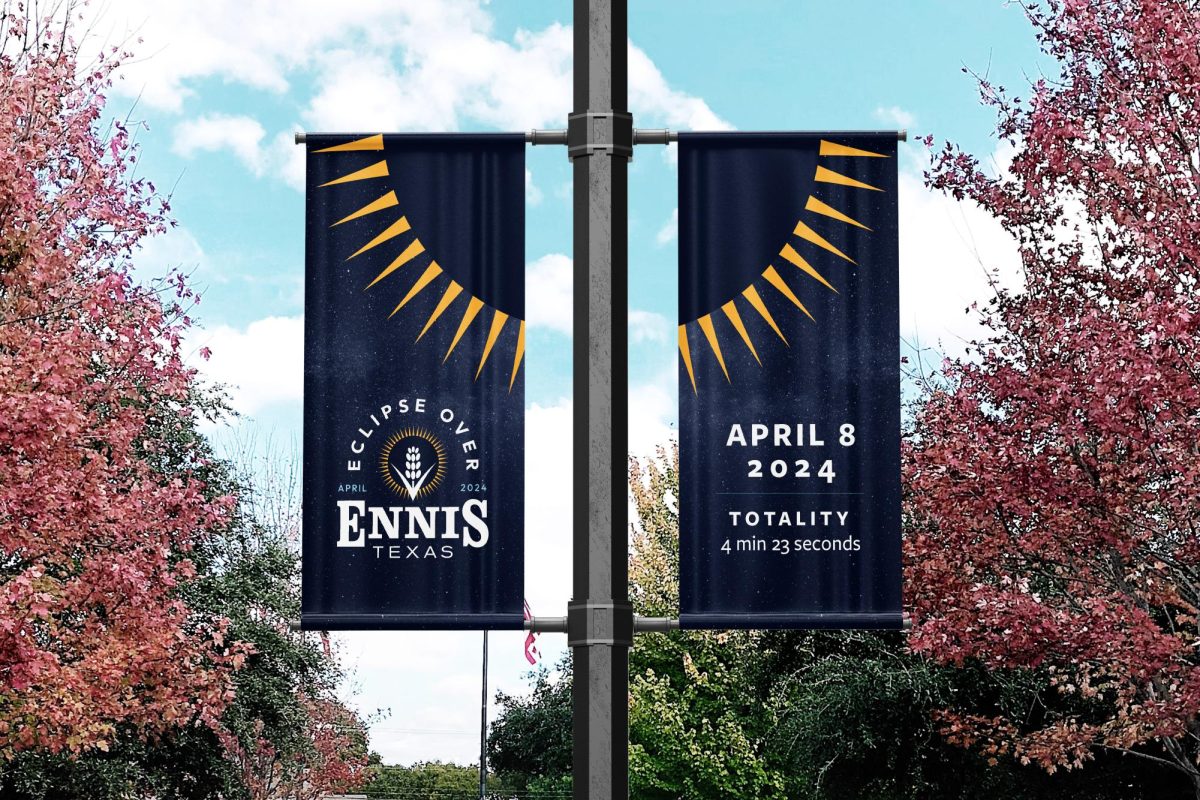A Passover (Pesach in Hebrew) seder was celebrated at the Congregation Ahavath Sholom on Tuesday, the second night of the eight-day festival.
The seder, which included a traditional dinner, song and prayer, welcomed 105 guests. The evening began at 6:30 p.m. and lasted until 9 p.m.
“Seder actually means order,” said Dr. Murray Cohen, congregation president. “We’re commanded in the Torah, the Bible, to retell the story of our liberation, our Exodus from Egypt, freedom from slavery, and the sages teach that we all have to act as if we, ourselves, were slaves so that we will appreciate our freedom.”
Cohen was born in raised in Fort Worth, and has been a member of Ahavath Sholom his entire life. Ahavath Sholom being the only synagogue for Conservative Judaism in Tarrant County.
“What do I like best about Passover? It’s really the family time,” said Cohen. “Multiple generations coming together and catching up.”
Dr. Bruce N. Miller, a professor of physics at Texas Christian University, has attended the congregation for 42 years. “We always welcome students at our seder,” said Miller, who grew up observing the holiday every year.
“It’s a tradition in my family and I remember really glorious times in my childhood with my grandparents,” said Miller. “It was a fun holiday, as opposed to Yom Kippur (the Day of Atonement,) when everyone was serious!”
Passover is considered one of the most important high holidays of the Jewish faith and lasts eight days in countries outside of Israel (Israelis celebrate Pesach for seven days.) This year, Passover falls from March 25 to April 2.
The seder itself is a ritual feast that is held during the first two nights of Pesach by non-Israeli Jews (in Israel, the seder is held only on the first night.)
In keeping true to the literal meaning of seder, “there is an order to the evening,” said Cohen. The order he refers to is the 15 Steps of the Seder (list compiled by Rabbi Andrew Bloom):
Kadesh: First cup and Kiddush
UrChatz: First handwashing (without a blessing)
Karpas: First dipping: vegetable and salt water
Yachatz: Breaking the middle matza
Maggid: Storytelling
Rachtza: Second handwashing (with a blessing)
Motzi: First blessing over the matza
Matza: Second blessing over the matza
Maror: Second dipping: maror in charoset
Korech: Hillel sandwich
Shulchan Orech: Communal meal
Tzafun: Afikoman (dessert)
Bareh: Birkat hamazon (the blessing after eating)
Hallel: Psalms of praise
Nirtza: Concluding prayer and folk songs
The seder is reverent, with members of the congregation encouraged to sing in Hebrew between each step, as they recall the plight of the Israelites in Egypt and how God saved them from bondage.
Andrew Bloom has headed the congregation as rabbi since the summer of 2011. “For me, personally, Passover means the ability to overcome hurdles, to develop my self, to help others develop themselves,” said Bloom.
“It reminds us, it reminds me that we have to be thankful for what we have and that not everyone is as lucky as we are.”
Bloom illustrates the plight of the ancient Hebrews, with issues facing those in the present.
“We’re trying to get people to understand their connections to their past,” said Bloom.
“We say you go from slavery to freedom, but each of us has maybe a job we don’t like, or are stuck in a situation we don’t like, so we’re trying to help people see that they can have freedoms no matter where they are or what station of life they’re in.”
Bloom had previously served in the Israeli Defense Forces for three years as a combat medic in an artillery unit during the Gulf War. “There I saved people physically, and here hopefully, we’re saving souls and helping people connect with God,” said Bloom. “Sort of putting the two together.”
Pesach services will be held Wednesday, March 27 at 6 p.m. Monday, April 1 at 6:55 a.m. and 6 p.m., as well as on Tuesday, April 2 and 9 p.m.
Congregation Ahavath Sholom is located at 4050 S. Hulen St., Fort Worth, Texas, 76109. For more information on upcoming events, visit Ahavathsholom.org.





